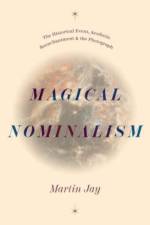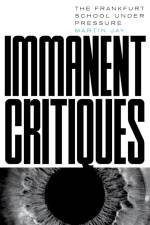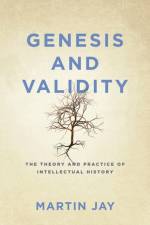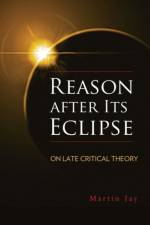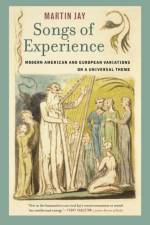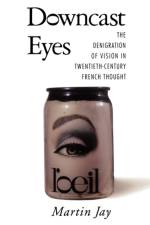- The Historical Event, Aesthetic Reenchantment, and the Photograph
av Martin Jay
491
A bold and wide-ranging study across centuries, examining the conflict between "conventional" and "magical" nominalism in philosophy, history, aesthetics, political theory, and photography. In this magisterial new book, intellectual historian Martin Jay traces the long-standing competition between two versions of nominalism--"conventional" and what he calls "magical." According to Jay, since at least William of Ockham, the conventional form of nominalism contributed to the disenchantment of the world by viewing general terms as nothing more than mere names we use to group particular objects together, rejecting the idea that they refer to a further, "higher" reality. Magical nominalism, instead, performs a reenchanting function by investing proper names, disruptive events, and singular objects with an auratic power of their own. Drawing in part on Jewish theology, it challenges the elevation of the constitutive subject resulting from Ockham's reliance on divine will in his critique of real universals. Starting with the 14th-century revolution of nominalism against Scholastic realism, Jay unpacks various "counterrevolutions" against nominalism itself, including a magical alternative to its conventional form. Focusing on fundamental debates over the relationship between language, thought, and reality, Jay illuminates connections across thinkers, disciplines, and vast realms of human experience. Ranging from theology and philosophy of history to aesthetics and political theory, this book engages with a range of artists and thinkers, including Adorno, Ankersmit, Badiou, Barthes, Bataille, Benjamin, Blumenberg, Derrida, Duchamp, Foucault, Kracauer, Kripke and Lyotard. It places photography in a suggestive new discursive context. Ultimately, Magical Nominalism offers a strikingly original way to understand humanity's intellectual path to modernity along with its vicissitudes.

